The Global South Must Back Sudan’s ICJ Case Against the UAE
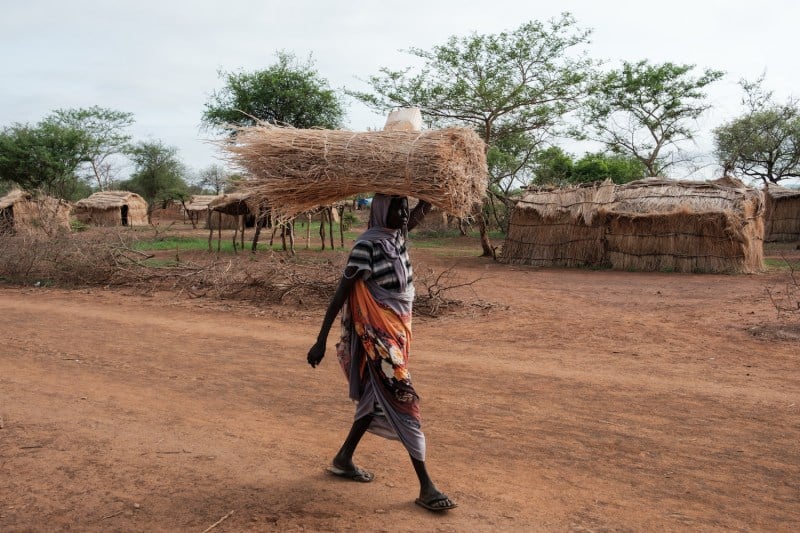
The Global South Must Back Sudan’s ICJ Case Against the UAE
Dozens of countries supported South Africa’s genocide charges against Israel. Failure to do the same for Sudan would be a moral and diplomatic disaster.
A woman carries a bunch of dried reeds while walking through the Tiamushro camp for internally displaced people in Kadugli, Sudan, on June 18, 2024. Guy Peterson/AFP via Getty Images
On March 6, the International Court of Justice (ICJ) announced that Sudan had filed proceedings against the United Arab Emirates, accusing it of complicity in genocide. Sudan alleges the UAE’s sustained support for the Rapid Support Forces (RSF), a paramilitary group that has waged a brutal power struggle against the Sudanese Armed Forces (SAF) since April 2023, amounts to abetting a war crime.
The case also cites the RSF’s documented atrocities against the Masalit group. Between May and June 2023, up to 15,000 Masalit civilians in West Darfur were massacred and at least 500,000 were displaced into Chad—echoing the early 2000s Darfur conflict, when the Janjaweed militias, RSF’s predecessors, committed similar crimes for President Omar al-Bashir’s Islamist regime.
On March 6, the International Court of Justice (ICJ) announced that Sudan had filed proceedings against the United Arab Emirates, accusing it of complicity in genocide. Sudan alleges the UAE’s sustained support for the Rapid Support Forces (RSF), a paramilitary group that has waged a brutal power struggle against the Sudanese Armed Forces (SAF) since April 2023, amounts to abetting a war crime.
The case also cites the RSF’s documented atrocities against the Masalit group. Between May and June 2023, up to 15,000 Masalit civilians in West Darfur were massacred and at least 500,000 were displaced into Chad—echoing the early 2000s Darfur conflict, when the Janjaweed militias, RSF’s predecessors, committed similar crimes for President Omar al-Bashir’s Islamist regime.
Sudan accuses the UAE of breaching the Genocide Convention by enabling the RSF’s genocidal acts. Forensic evidence, including a report from the Raoul Wallenberg Centre for Human Rights and a separate Human Rights Watch report, has detailed the RSF’s systematic killings, sexual violence, and incineration of whole villages in West Darfur. Satellite imagery analyzed by Yale University’s Humanitarian Research Lab exposes the widespread destruction of civilian settlements.
The United Nations’ report on the discovery of mass graves following RSF attacks further reinforces the evidence. Survivor accounts describe RSF fighters targeting the Masalit for their ethnicity, chanting racial slurs while executing civilians, including children, which demonstrates clear evidence of genocidal intent. The U.S. State Department’s January designation of RSF actions as genocide, though tardy under the Biden administration, aligns with these findings.
The UAE’s role is not conjecture but a matter of meticulously documented fact. In January 2024, the U.N. Security Council’s Panel of Experts reported credible evidence of UAE involvement and weapons supply to the RSF via its Amdjarass base in Chad.
Flight tracking data and satellite images analyzed by the Conflict Observatory, a U.S. nongovernmental organization that verifies reports of war crimes in Sudan and Ukraine, concluded with “near certainty” that the UAE transferred weapons to the RSF. Reuters reported that there were at least 86 flights from the UAE to Amdjarass since the war began, with three-quarters operated by carriers previously linked to arms trafficking.
The New York Times exposed a secret Emirati drone base at the Amdjarass airport, near the Sudanese border, that supported the RSF. The investigation uncovered long-range Chinese-made Wing Loong drones that were launched from an upgraded airstrip disguised as a humanitarian project tied to an Emirati-run Red Crescent hospital. Drone-equipped militias had higher civilian fatality rates in urban confrontations.
The UAE’s financial and diplomatic heft compounds the challenge. Its oil and trade-based soft power and $569 billion GDP make it far more powerful than Sudan’s $30 billion economy, and its close ties with Western governments make matters worse.
U.S. Sen. Chris Van Hollen and Rep. Sara Jacobs, who attempted to block a $1.2 billion arms deal with the UAE last year, confirmed in January that the UAE reneged on pledges to halt support to the RSF, per Biden administration briefings—a breach that has enabled the RSF to kill thousands.
Amid a weakened international justice system, exemplified by recent U.S. sanctions on the International Criminal Court, this case will test whether global courts will hold powerful states accountable or succumb to political and procedural pressures.
In December 2023, South Africa initiated legal action against Israel at the ICJ, charging it with genocide in Gaza. Several countries from the global south have enthusiastically supported South Africa’s case, including Algeria, Bangladesh, Brazil, Chile, Mexico, and Pakistan. This marked a pivotal moment of global south solidarity. South Africa’s case against Israel leveraged its moral legacy of anti-apartheid activism and anti-colonialism.
Sudan’s recent history lacks such advantages, but its current crisis lays bare the grave challenges of many postcolonial states, including exploitation by internal and external forces. The current conflict—marked by massive civilian suffering, displacement, targeted violence, and the collapse of state institutions—stands as one of the gravest humanitarian and political crises of our time. However, it is not simply a domestic conflict; rather, it is a manifestation of international neglect, regional manipulation, and the continued marginalization of Africa.
If the countries that backed South Africa fail to lend similar support to Sudan, it would undermine the integrity of the principles upon which global south solidarity is built. It would risk reinforcing the very asymmetries of the application of international law, where justice is selectively weaponized by great powers while systematically denied to the vulnerable.
Supporting the case against the UAE should not be conflated with backing the Sudanese government in its conflict with the RSF. The record of the SAF is not unblemished. The Armed Conflict Location and Event Data (ACLED) found that the SAF were responsible for approximately 200 incidents involving civilian casualties in 2024, compared to around 1,300 events attributed to the RSF.
While SAF casualties are often framed as collateral damage in counterinsurgency operations, this does not absolve the army of responsibility for harm or their duty to minimize it. Moreover, the Sudanese government’s bureaucratic obstacles to humanitarian aid have exacerbated what is now regarded as the worst humanitarian disaster in modern history.
Instead, support for Sudan’s case should be grounded in principle. The UAE’s extensive patronage networks, underpinned by its oil wealth and influence, as well as its strategic alignments with both Western and non-Western powers, make its alleged violations even more consequential: An unchecked UAE, emboldened by impunity, will continue to manipulate regional conflicts—from Sudan, to Libya, to Yemen, to Syria—undermining many sovereign states in the global south in its quest for resources and influence.
The stakes are extremely high for the international justice system. A successful ruling could reinvigorate the ICJ’s credibility, but that will require widespread support in the same spirit that animated support for South Africa’s case against Israel.
The UAE will no doubt hide behind its reservation to Article IX of the Genocide Convention, which establishes the ICJ’s jurisdiction over the convention’s implementation. However, legal scholars have challenged the validity of reservations to Article IX because they contradict the spirit of the convention and shield states from accountability. The ICJ itself issued an advisory opinion in 1951, stating that reservations to treaties such as the Genocide Convention could only be accepted if they did not conflict with the object and purpose of the treaty, which aims to prevent and punish genocide.
By failing to decisively back Sudan, the nations of the global south will leave a power vacuum, inviting exploitation by stronger actors for military basing, resource extraction, or geopolitical leverage.
Indeed, if they ignore Sudan’s grievances, their silence will cement a paradigm in which wealth and power trump accountability, leaving Sudanese victims as collateral damage in a geopolitical game.
Amgad Fareid Eltayeb is a former assistant chief of staff to Sudanese Prime Minister Abdalla Hamdok, serving in that role from January 2020 to February 2021.
More from Foreign Policy
-

A Ukrainian machine-gunner holds an American FIM-92 Stinger portable air defense missile system for the reconnaissance and destruction of Russian drones in Zaporizhzhia, Ukraine, on Dec. 2, 2024. How Trump Is Killing the U.S. Defense Industry
It turns out that abandoning allies and tossing out security guarantees is bad for business.
-

Ukrainian President Volodymyr Zelensky talks to a group of European leaders on the sidelines of a summit in Kyiv on Feb. 24, the third anniversary of Russia’s full-scale invasion of Ukraine. Europe Is Now Led by Its North
The Nordics and Baltics are together inspiring visions of a stronger continent.
-

Trump stands at a podium with both arms outstretched and his hands open as he speaks. He wears a dark suit and a bright red tie. Trump Is Trying to Remake the United Nations
Washington has signaled that it wants the international body to focus on preserving peace, but it could be looking to rubber-stamp its bilateral priorities.
-

Donald Trump speaks during a campaign rally at Van Andel Arena on November 5, 2024 in Grand Rapids, Michigan. Trump’s Concert of Kingpins Won’t Work
A globe carved up by strongmen isn’t any world order at all.

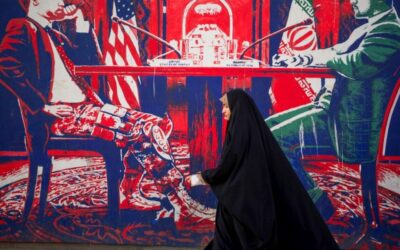
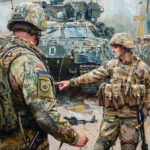





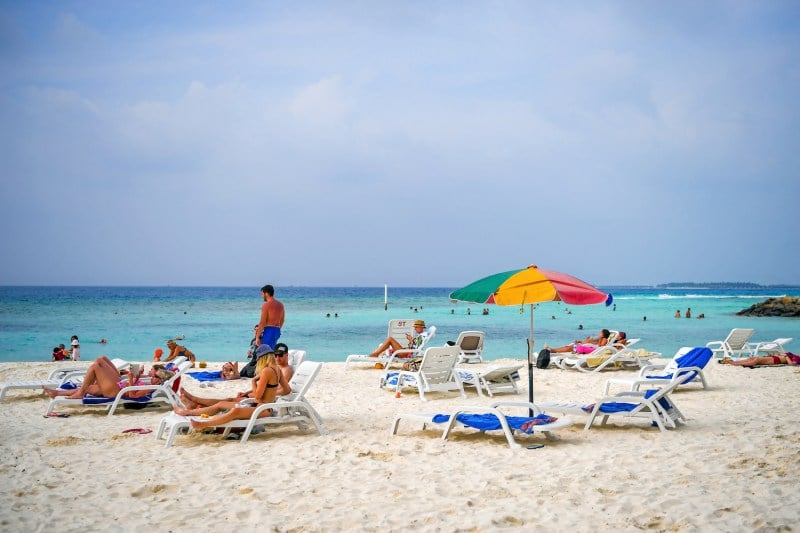
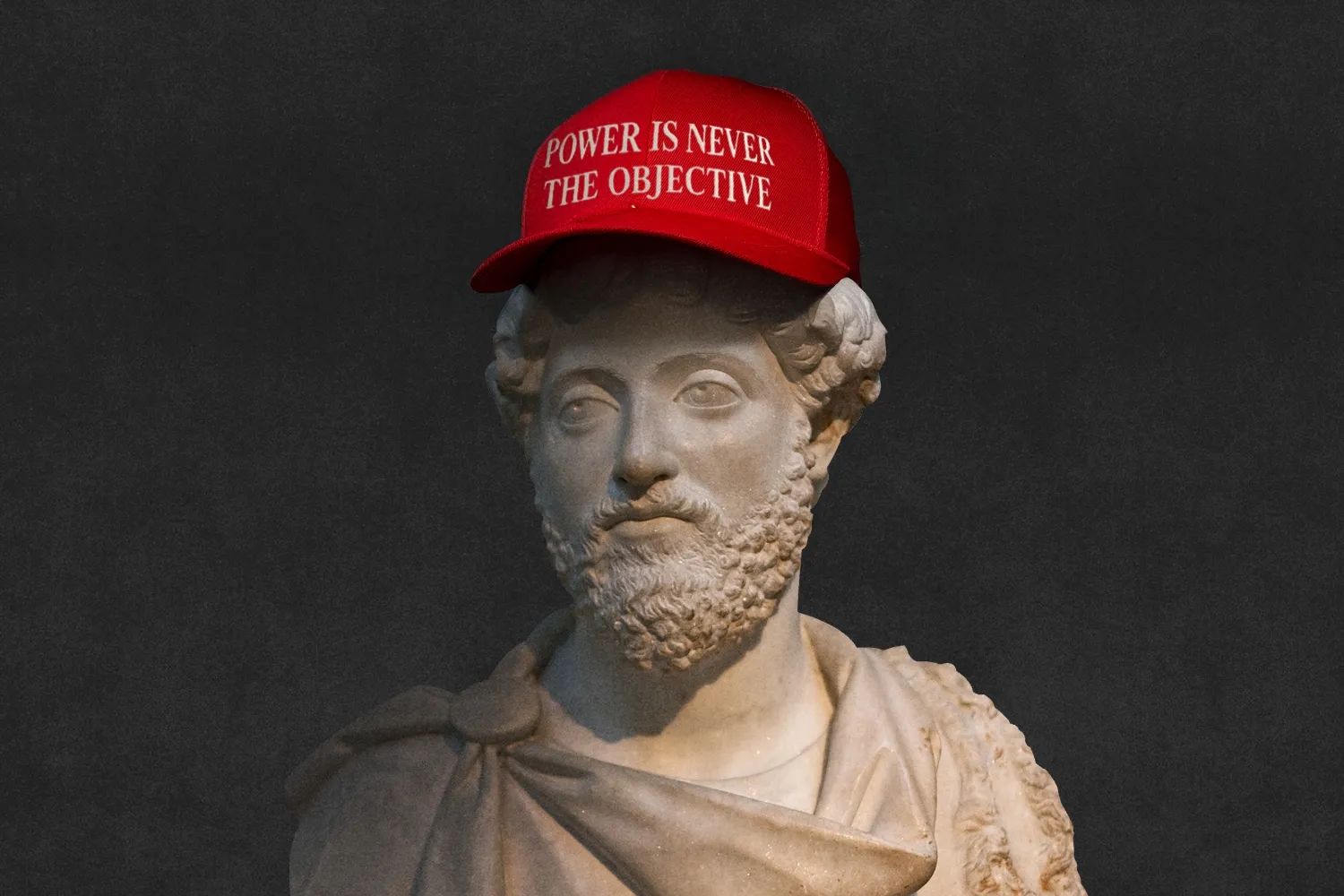
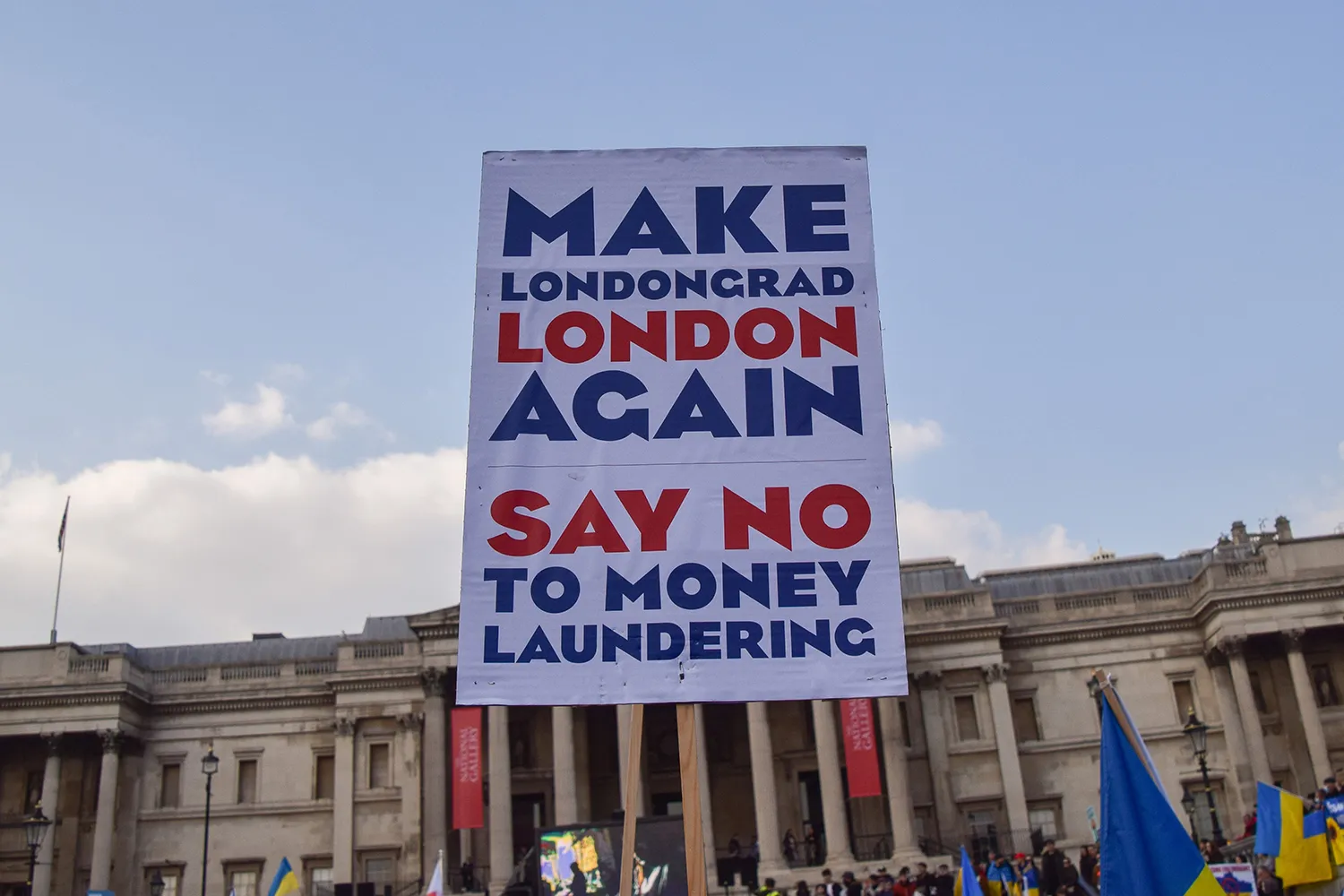
Join the Conversation
Commenting on this and other recent articles is just one benefit of a Foreign Policy subscription.
Already a subscriber?
.
Subscribe
Subscribe
View Comments
Join the Conversation
Join the conversation on this and other recent Foreign Policy articles when you subscribe now.
Subscribe
Subscribe
Not your account?
View Comments
Join the Conversation
Please follow our comment guidelines, stay on topic, and be civil, courteous, and respectful of others’ beliefs.
Change your username |
Log out
Change your username:
CANCEL
Confirm your username to get started.
The default username below has been generated using the first name and last initial on your FP subscriber account. Usernames may be updated at any time and must not contain inappropriate or offensive language.